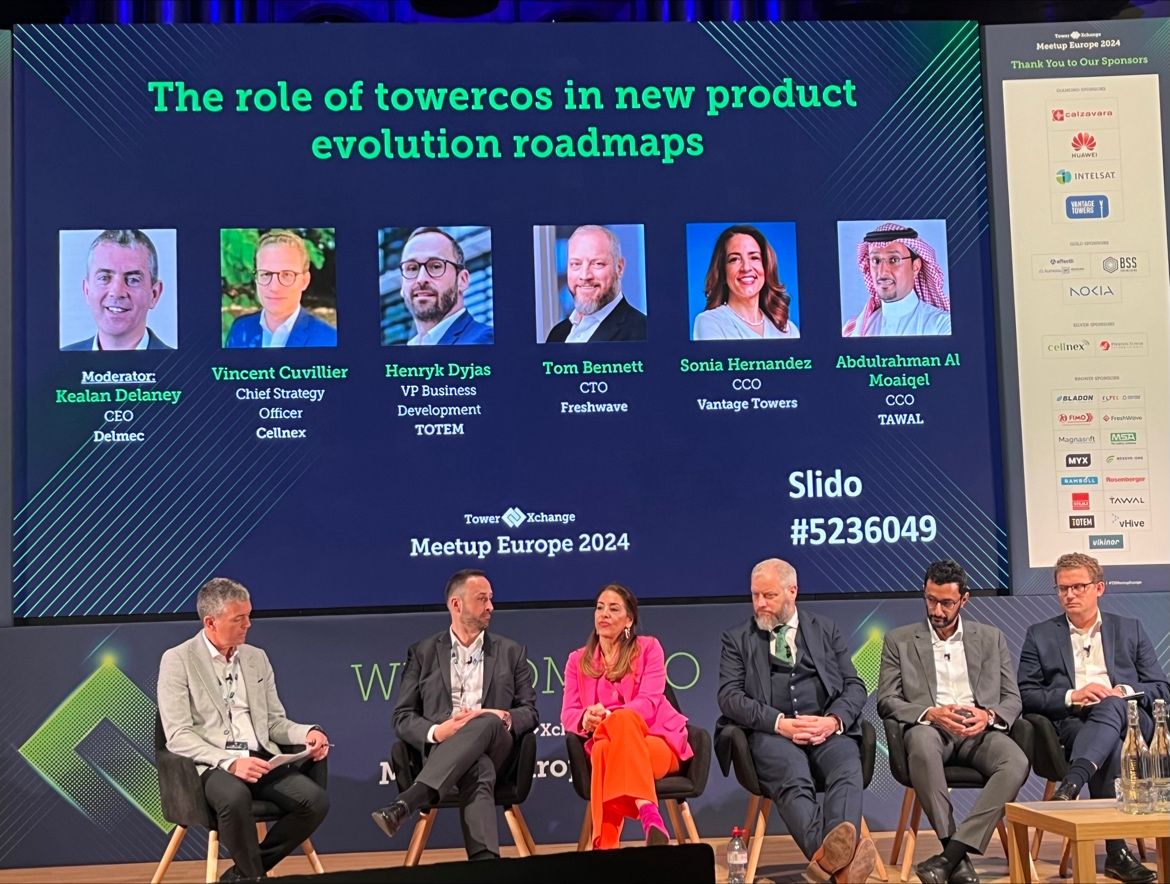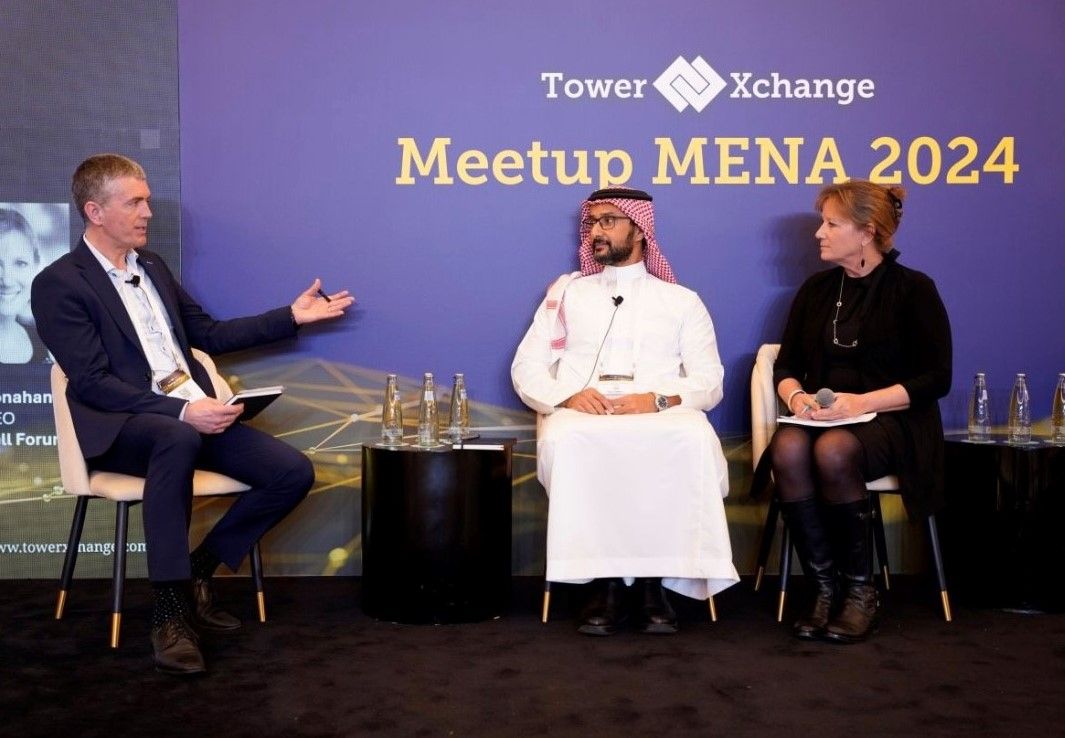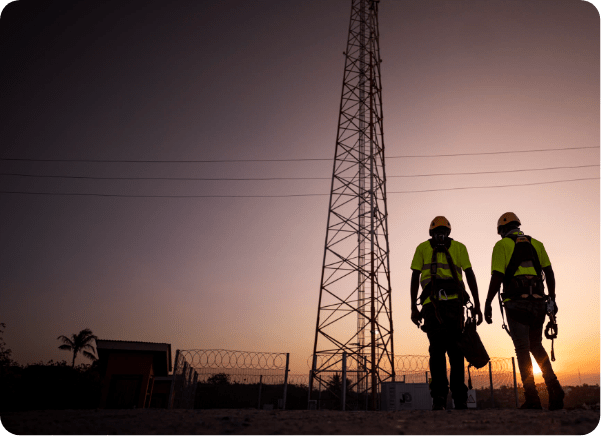The Future of Work at Delmec
Like most business leaders this year, I’ve spent a lot of time thinking about the future of work. It’s become clear that workplace changes are no longer a temporary fix to pandemic-related problems: they’re here to stay, in one form or another.
We’ve been fortunate over the last two years that as a globally-active company, we already had a strong digital infrastructure in place. Our established business systems allowed staff to collaborate seamlessly and our tailored KPIs helped them demonstrate their progress, whether in our HQ in Ireland or any of our offices abroad.
However, working remotely has its drawbacks too, as most of us have discovered by now. Personally, I missed the opportunity to interact personally with my colleagues and team members – it’s harder to develop ideas when not meeting face-to-face. Building relationships with stakeholders, clients and partners is also more challenging than it was when I was flying around the world on a regular basis. Employee wellbeing is affected by the lack of social engagement too; there’s a lot to be said for those water-cooler chats on a Monday morning.
After all the upheaval of recent times, most companies are now settling into one of three different types of workplace organisation: a centralised, on-site workforce; a network of remote workers; or a hybrid ‘best of both worlds’ system.
A recent survey by Accenture showed that a majority of workers (83%) prefer the hybrid work model, and that’s the direction we’re taking at Delmec too. We’ve developed a remote working policy that promotes a certain amount of in-person time each week. We find that this is the best solution to ensure safety, offer flexibility and build a positive company culture. Much of our work can be done remotely, but it’s also very important to us that we facilitate social interaction and team development, as well as safeguarding and improving the wellbeing of our employees.
Those Accenture findings point to a number of efforts leaders can make to build a better future of work. These include designing work around people, building digital fluency and leading with humanity – helping to build a “a fail-fast culture of ongoing experimentation and improvement.” My background in engineering and training in Harvard Business School helps me lean into this approach, as I’m solution-focused, and not afraid to get creative along the way.
As a company, adaptation is something we’re familiar with in Delmec, as much has changed in our industry since our formation in the 1970s. We’ll continue to develop our remote working policy as we learn more about how to support our team members in this rapidly-changing environment. We know that the path to growth can be bumpy, with challenges related to communications, training and mindsets.
Experience has taught us that these can all be overcome by collaborating with our teammates, colleagues and partners – synergy shapes success isn’t just a company tagline, it’s a way of life here. Together, we can make sure the future of work is bright at Delmec.


